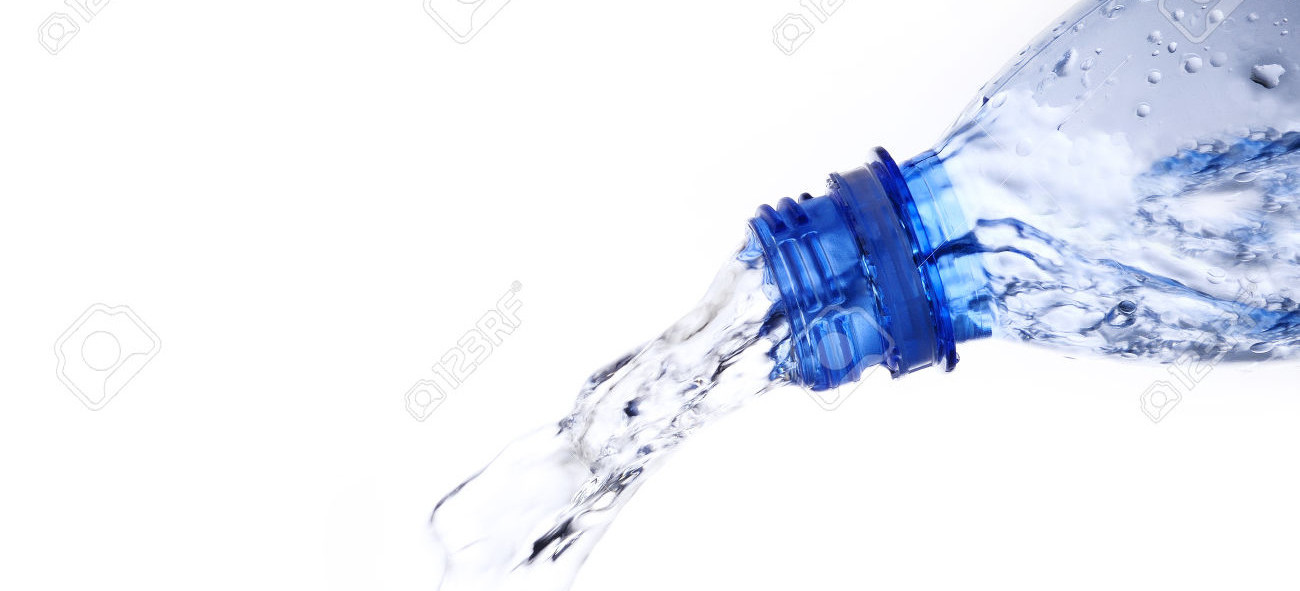Sufficient water intake is absolutely critical to the performance of a player. It has been shown that just a 2% loss of body weight due to sweating can seriously impair muscular functioning, reaction time and concentration.
Thirst is not a good indicator of your fluid needs. Good hydration starts well before exercise and players should be taking in fluids on a regular basis. Use the colour of your urine to monitor your hydration levels. If your urine is a strong yellow and scarce you need to increase your water intake. Never play or train in a dehydrated state as this could lead to heat stroke or heat exhaustion.
Drink small quantities often, using 100ml -250ml of water every 20 minutes during exercise, taking temperature and training intensity into consideration.
Beware of alcohol as it will dehydrate you more as it requires more water to metabolize it. Drinks containing caffeine will also contribute to further dehydration.
Hyper-hydrating helps to reduce the negative effects of fluid loss during training and games. This involves raising your body fluid level above the normal rate to counteract the inevitable loss during your training or game.
You will need to know how much fluid you are losing to develop an effective fluid intake plan.
The easiest way to monitor sweat loss is to measure changes in your body weight. This is done by weighing yourself prior to and after training, and drink 0.5 litres of water per 0.5kg weight loss in training or game. By dividing the total weight loss by the duration of exercise you will get an estimation of the rate of loss.
How much should you drink?
As a general guideline players should drink in the range of 2-4 litres of water per day. Drinking about 30-40ml of water per kg body weight per day should ensure you stay adequately hydrated.
A rugby players basic fluid plan should be as follows:
Pre match
-
Hyper-hydrate by drinking enough fluid, preferably water or very diluted apple juice, to raise your body weight above the normal range. Practise on training days to get it right. Weigh yourself before kick off.
During match
-
Take in fluid, preferably a sports drink, at every opportunity. Try get 500ml in at half time.
Post match
-
Weigh yourself after the game and replace all of the lost weight before leaving the change room with a combination of sports drinks, water and high glycemic index snacks.
Sports Drinks
The purpose of sports drinks is to:
-
Provide extra carbohydrates before, during or after exercise.
-
Replace fluid level in the body.
-
Replace lost essential minerals during exercise.
There are three types of sports drinks, namely hypotonic, isotonic and hypertonic.
-
Hypotonic drinks: < 4g/100ml – These drinks are low in carbohydrates and are perfect to maintain hydration when extra energy is not needed.
-
Isotonic drinks: = 4g/100ml – These have moderate carbohydrate levels and offer a better energy source which is easily absorbed by the body. They are the perfect pre, during and post exercise drink.
-
Hypertonic drinks: > 8g/100ml – These drinks are good for reloading your system if depleted of glycogen providing some immediate source of carbohydrates.
Make your own sports drinks!
-
Hypotonic drink: Mix 250ml of any fruit juice with 750ml of water and a pinch of table salt.
-
Isotonic drink: Mix 500ml of any fruit juice with 500ml of water and a pinch of table salt.
-
Hypertonic drink: Mix 750ml of any fruit juice with 250ml of water and a pinch of table salt.

